This week’s good climate news
With so much still to do to slow warming and avoid the worst impacts of climate change, it’s important to fortify ourselves by celebrating wins along the way.
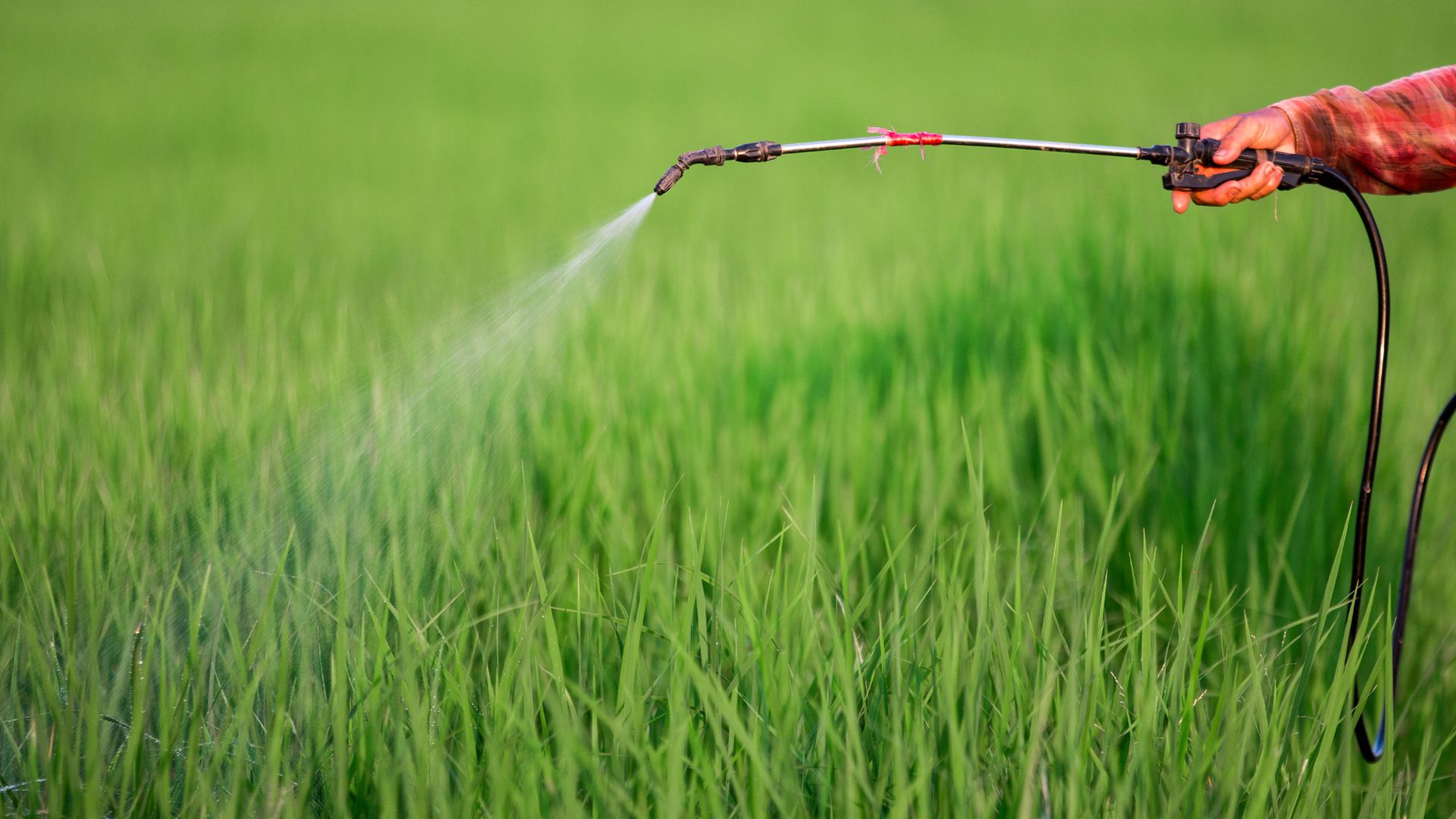
EU to cut pesticide use in half
The global use of pesticides has nearly doubled since 1990. The European Union plans to cut its pesticide use in half by 2030 and the chemicals may be completely banned in public areas. Officials hope the move will “protect our soil, air and food, and ultimately the health of our citizens.”
Cutting pesticide use is part of a larger European Green Deal which has its sights set on cutting greenhouse gasses by entirely reevaluating the EU's food production.
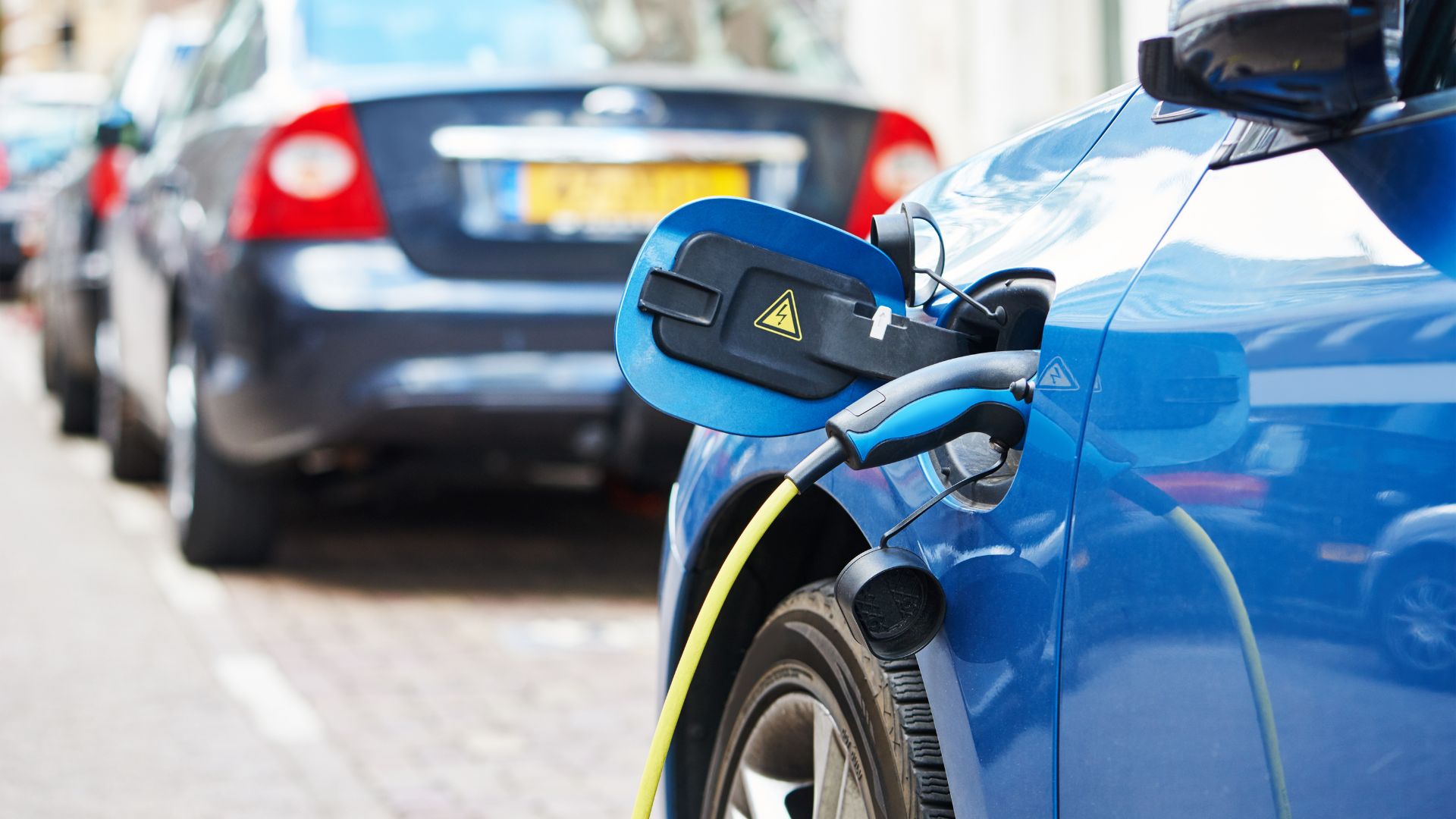
Clean energy jobs are booming
A clean energy transition translates to more jobs! Energy jobs in general rose last year, but prime clean energy examples include employment in manufacturing of cleaner vehicles and components. Those jobs grew 25% from last year, which is almost three times the rate of growth for overall jobs in motor vehicles. Jobs in solar rose 5.4% and jobs in wind were up 2.9%.
And while we're on the subject of jobs and clean energy, do you want to come work with us?
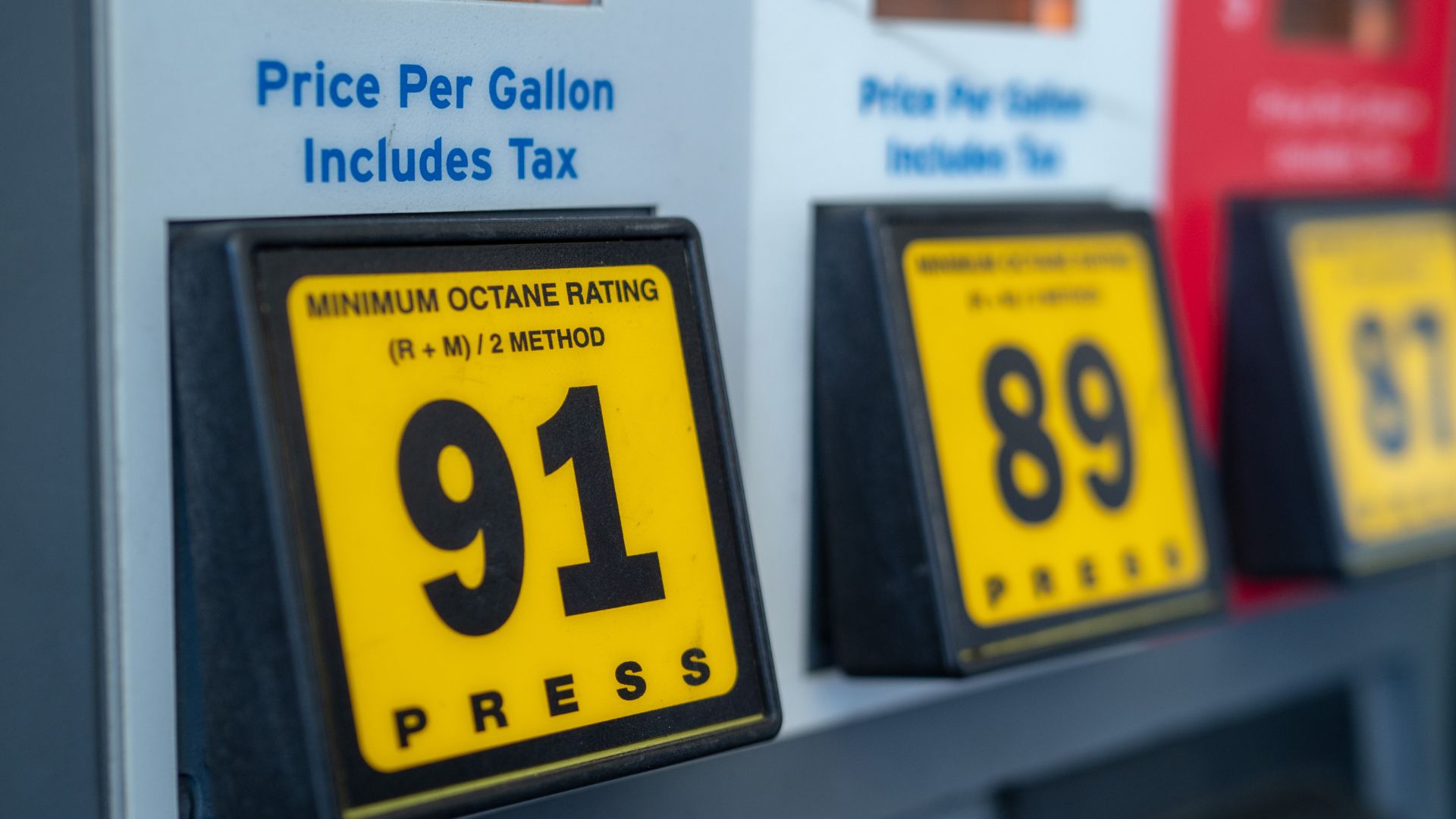
No new gas stations (It's a good thing!)
Los Angeles could become the world's largest city to stop building new gas stations. This effort to speed the electric vehicle transition, combat climate change and protect people's health is particularly noteworthy coming from LA, which is famous for cars and the bad traffic that comes with them.
"If you have lung cancer you stop smoking. If your planet is on fire, you stop throwing gasoline on it," Andy Shrader, a City Council staff member, said.

G-7 launches a climate club
Leaders from the top industrial nations - the Group of Seven - plan to create a “climate club” by the end of the year. Participating countries will push for stronger actions to reduce greenhouse gas emissions and will strive to make their plans transparent and comparable to other member countries.
Membership to this climate club will only limited by a country's willingness to implement the 2015 Paris climate accord and cap global warming.
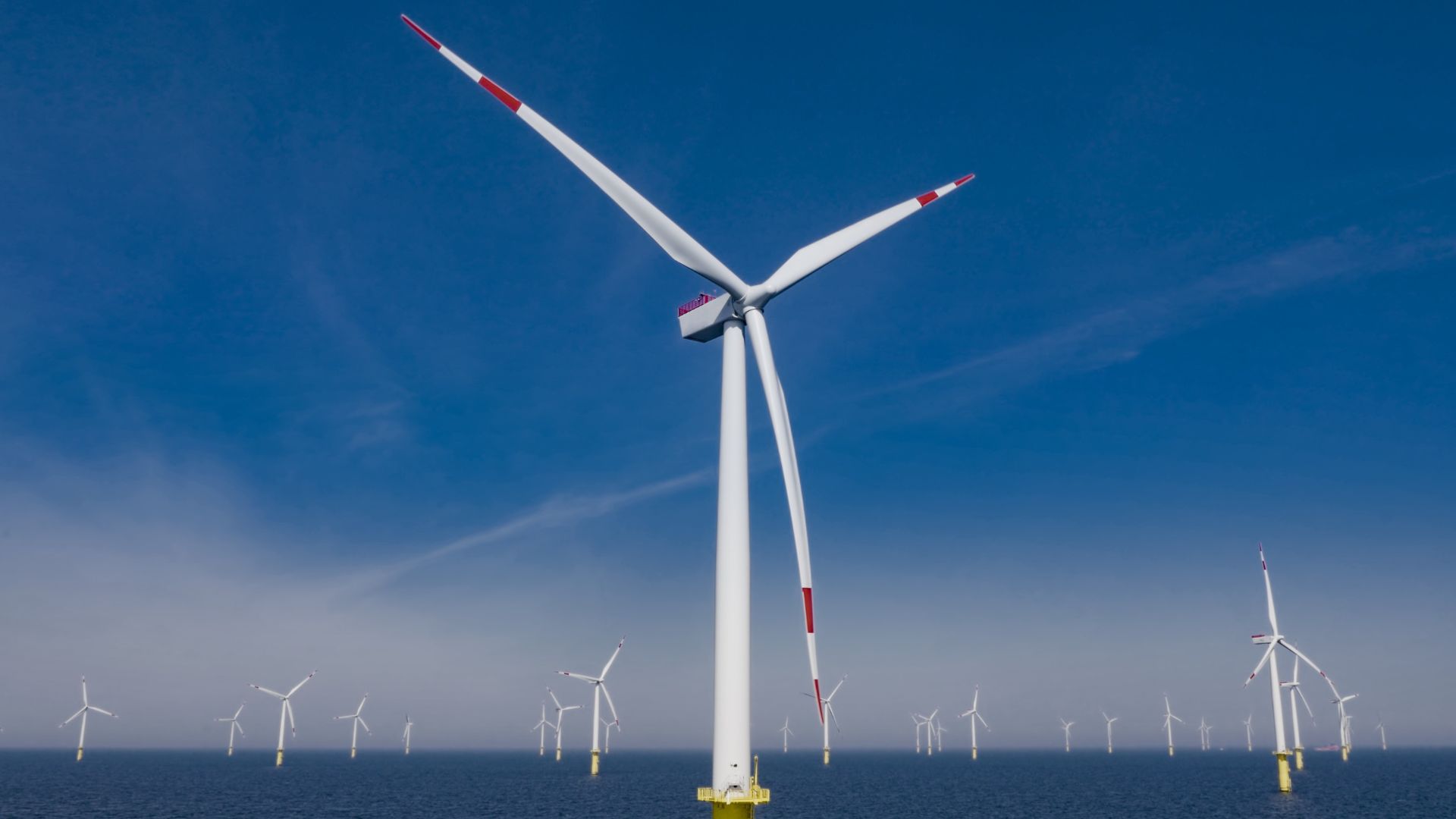
Offshore wind project protects wildlife
Clean energy progress and wildlife protection go hand-in-hand. Offshore wind developers of a new wind farm off the New England coast and environmental groups agreed to protect the rare North Atlantic right whale. Throughout the project's construction and operation, they’ll use protective measures like restricting vessel speed.
With fewer than 340 right whales left, this agreement is incredibly important to help the whales survive and thrive.
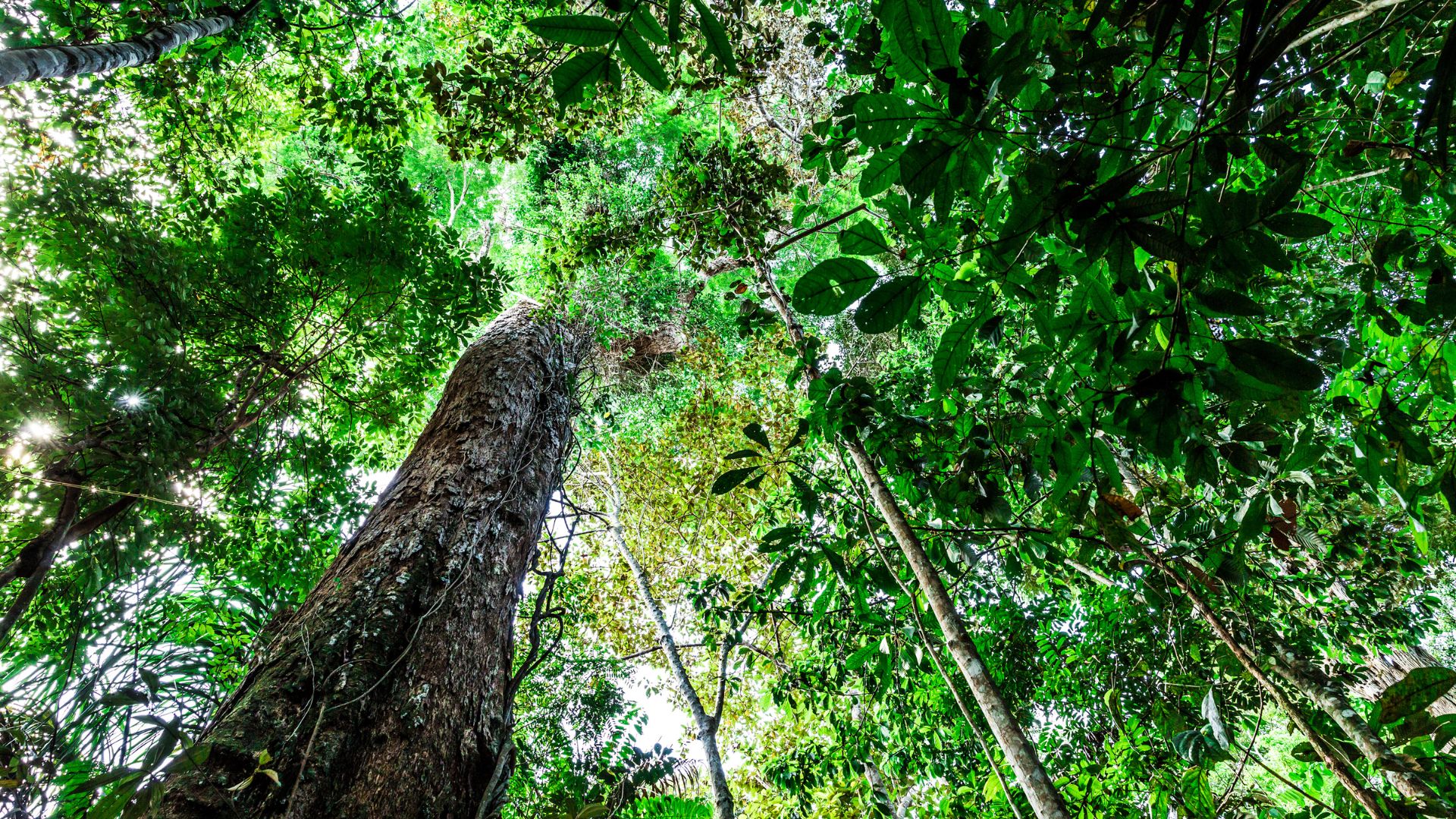
Columbian president aims to halt Amazon deforestation
Colombia’s newly elected president has bold climate goals! Gustavo Petro wants to halt deforestation in the Amazon rainforest, limit agribusiness expansion and create areas where Indigenous communities and others can harvest non-timber products like rubber and acai. These ambitious plans could be crucial in protecting people, wildlife and the environment.
Petro takes office in August is the first leftist elected as president of Columbia.










